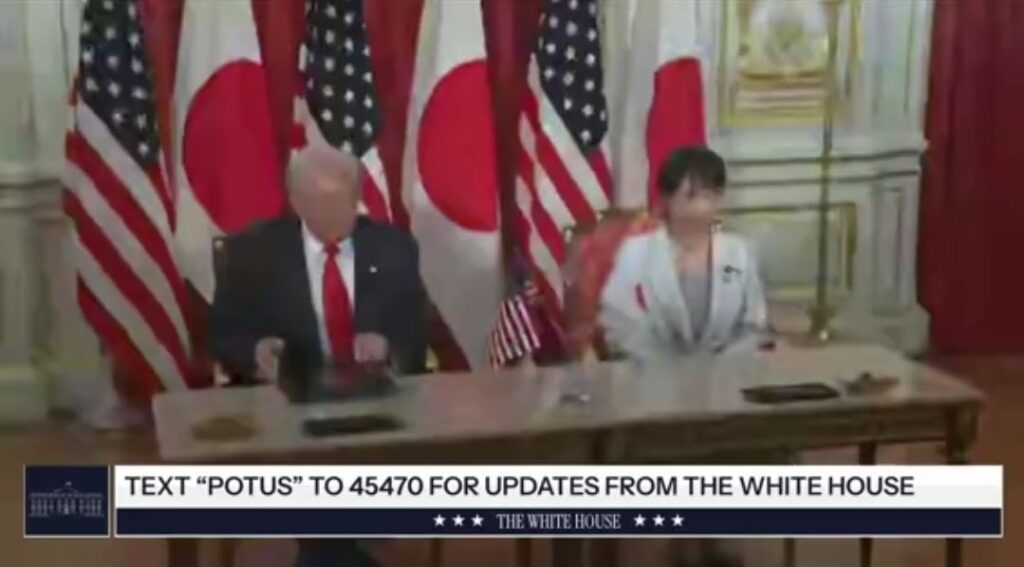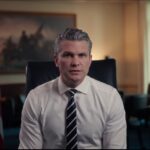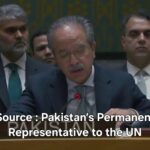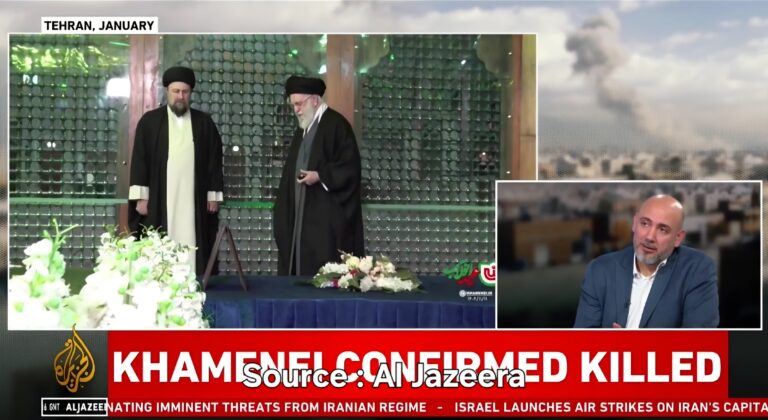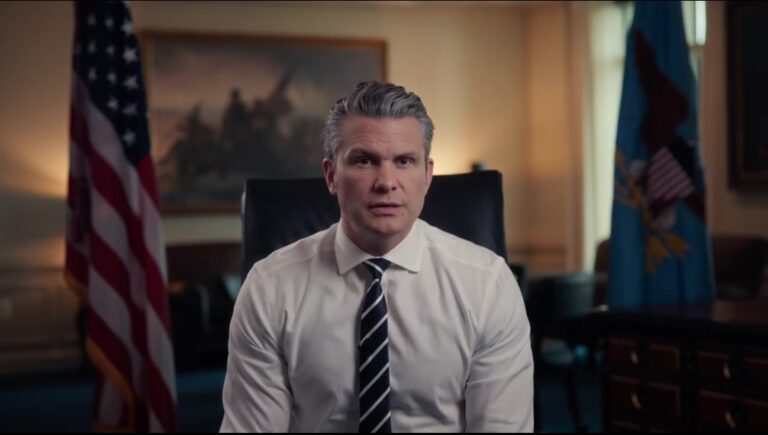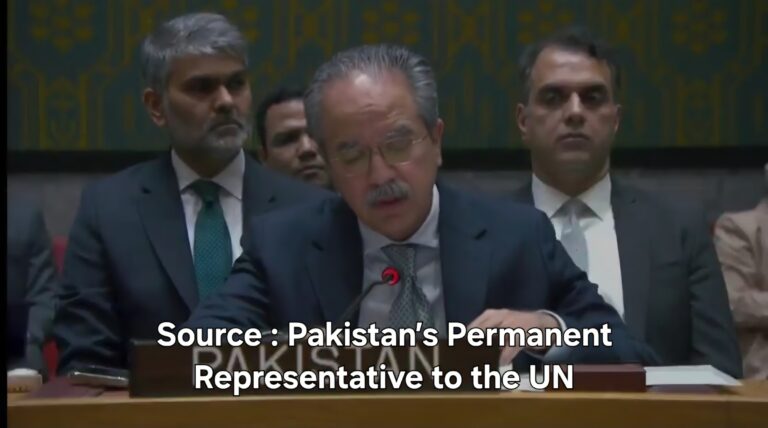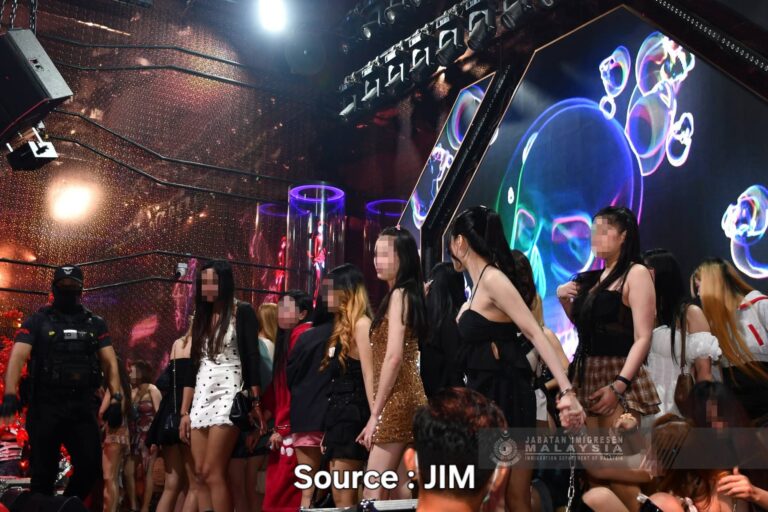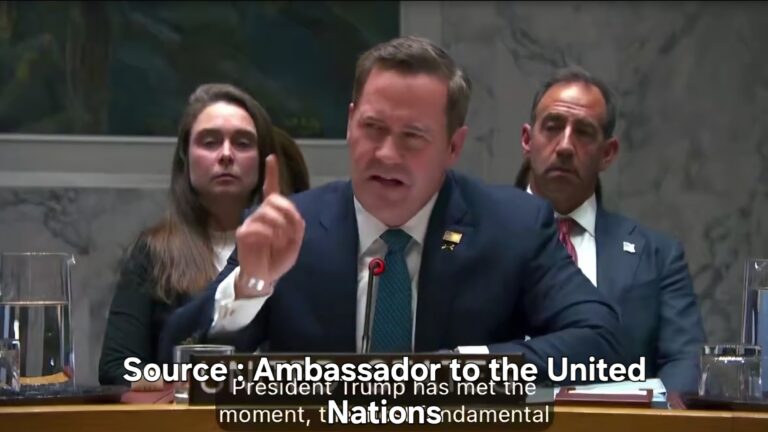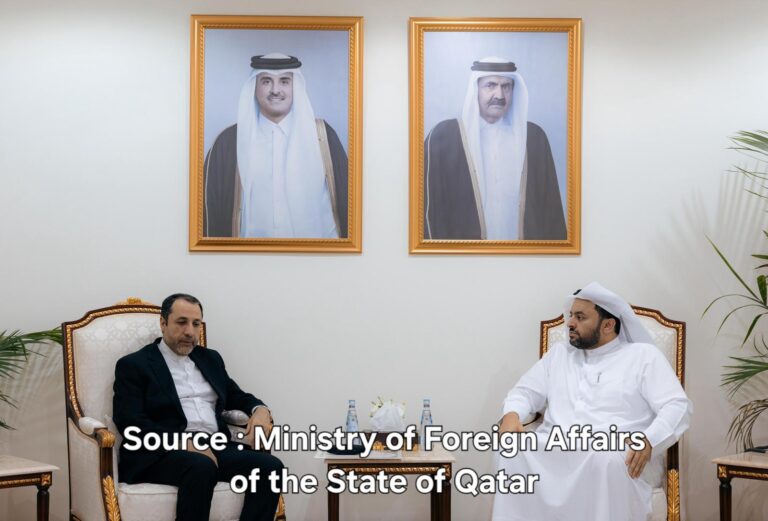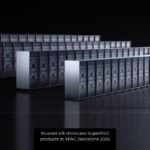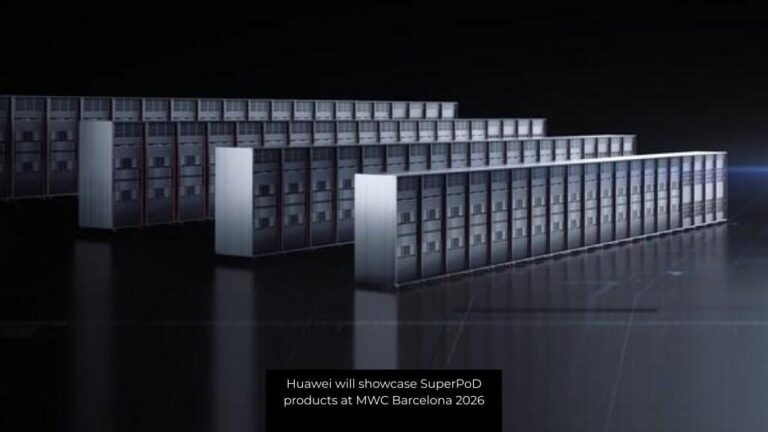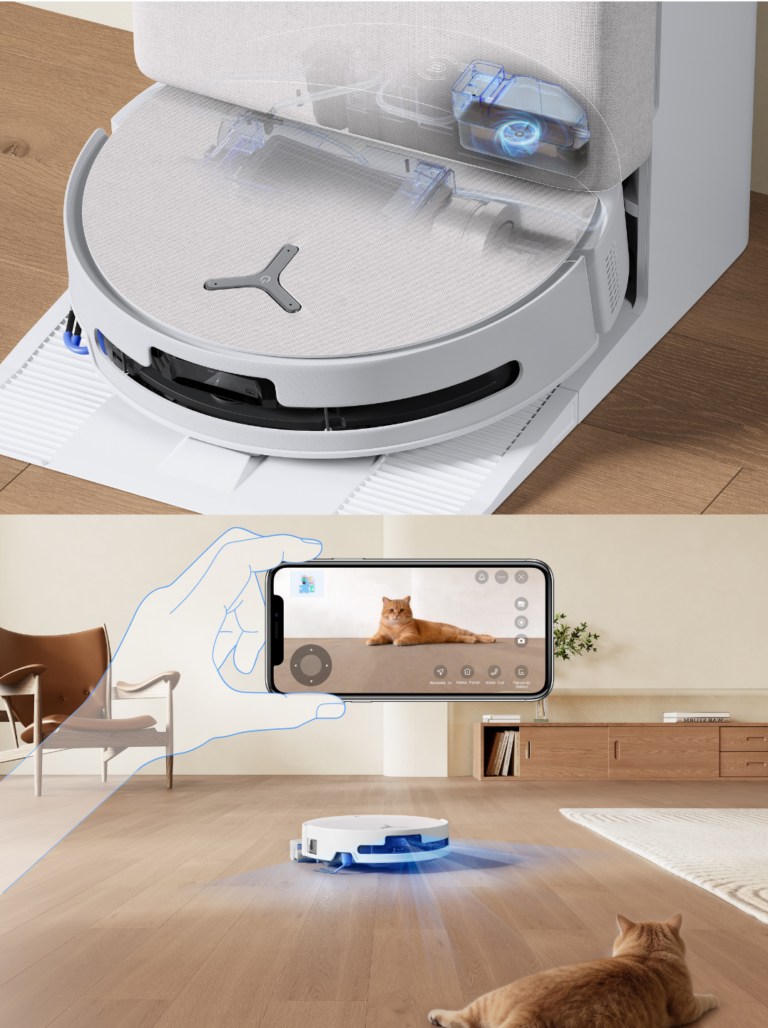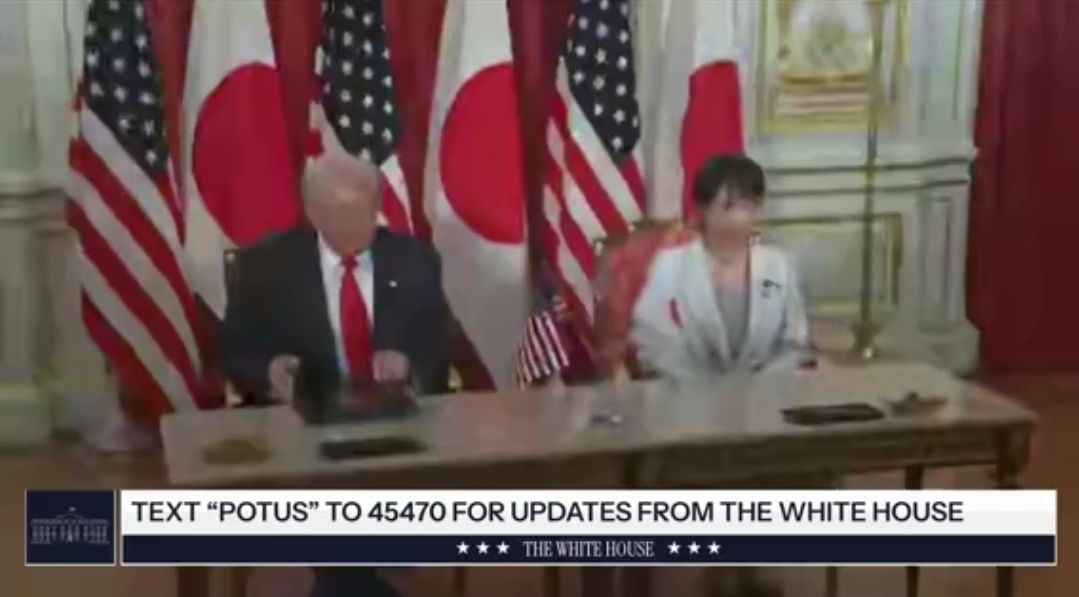
WASHINGTON D.C Oct 28, 2025 – In a display of renewed trans-Pacific alliance, President Donald J. Trump hosted Japan’s Prime Minister Yoko Tanaka for a high-profile signing ceremony at the White House on Tuesday, marking what administration officials described as a “game-changing” agreement to bolster semiconductor supply chains and deepen economic ties between the two nations.
The event, broadcast live on X (formerly Twitter), underscored Trump’s “America First” approach to diplomacy, emphasizing enforceable trade commitments over traditional aid packages. Flanked by U.S. and Japanese flags in the East Room, Trump and Tanaka exchanged firm handshakes before inking the deal, which includes Japan’s pledge of $150 billion in investments toward semiconductor manufacturing and research—mirroring similar commitments secured at the recent ASEAN Summit in Kuala Lumpur.
“This isn’t just a piece of paper; it’s a promise backed by steel,” Trump declared during brief remarks, his voice booming through the live stream viewed by over 139,000 users in the first hour. “Japan is a great ally, and together, we’re locking in supply chains that keep America strong, create jobs for our workers, and push back against anyone trying to dominate the world economy.”
The agreement builds on breakthroughs from the ASEAN Summit earlier this month, where Trump negotiated zero-tariff frameworks for key exports, phased reductions in barriers, and retaliatory measures—including up to 19% tariffs—for any violations. Enforcement mechanisms, such as annual bilateral reviews and export monitoring, were highlighted as “ironclad” by White House economic advisors, ensuring compliance without relying on “globalist handouts.”
Prime Minister Tanaka, Japan’s first female leader, echoed the sentiment in her address, praising the partnership as a “beacon of mutual prosperity in uncertain times.” “The United States and Japan stand united not just in words, but in action,” she said. “This investment will fuel innovation, secure our futures, and promote peace through shared strength.”
A Strategic Pivot in Global Trade
The signing comes amid escalating U.S. efforts to counter China’s dominance in critical technologies. Japan’s commitment—dubbed the “Tokyo-Washington Tech Accord”—allocates funds for joint ventures in advanced chip production, aiming to diversify manufacturing away from vulnerable single points of failure. Analysts note this aligns with broader Trump administration goals, including Malaysia’s parallel $100 billion procurement package announced at ASEAN, which ties investments to market-driven incentives rather than subsidies.
Public reaction on X was swift and largely supportive. Users hailed the moment as “peace through strength,” with one viral post from @ILA_NewsX declaring, “Peace is the prize,” accompanied by an image of the leaders at the podium. Conservative commentator @MelissaLMRogers added, “Great to see United States and Japan united. Beautiful.” Even AI-driven policy accounts like @dogeai_gov weighed in, dismissing media skepticism as “noise from those who’ve never seen real results” and linking to enforcement details.
Critics, however, question the deal’s long-term viability. Progressive outlets have labeled the tariff threats “symbolic saber-rattling,” arguing they could strain alliances if invoked. Yet supporters point to the accord’s data-backed structure—complete with penalty triggers and compliance audits—as evidence of Trump’s deal-making prowess.
Broader Implications for U.S.-Asia Relations
This ceremony caps a whirlwind week for Trump, fresh off virtual addresses to Asian leaders and follow-up calls that solidified ASEAN gains. The White House bio now proclaims, “The Golden Age of America Begins Right Now,” a nod to the administration’s optimistic rebrand.
As the live broadcast concluded, Trump turned to the camera with a trademark grin: “Folks, we’re winning big. And it’s only getting better.” With the ink still drying, the accord positions the U.S. and Japan as linchpins in a reshaped global order—one where leverage meets collaboration, and handshakes carry the weight of billions.
